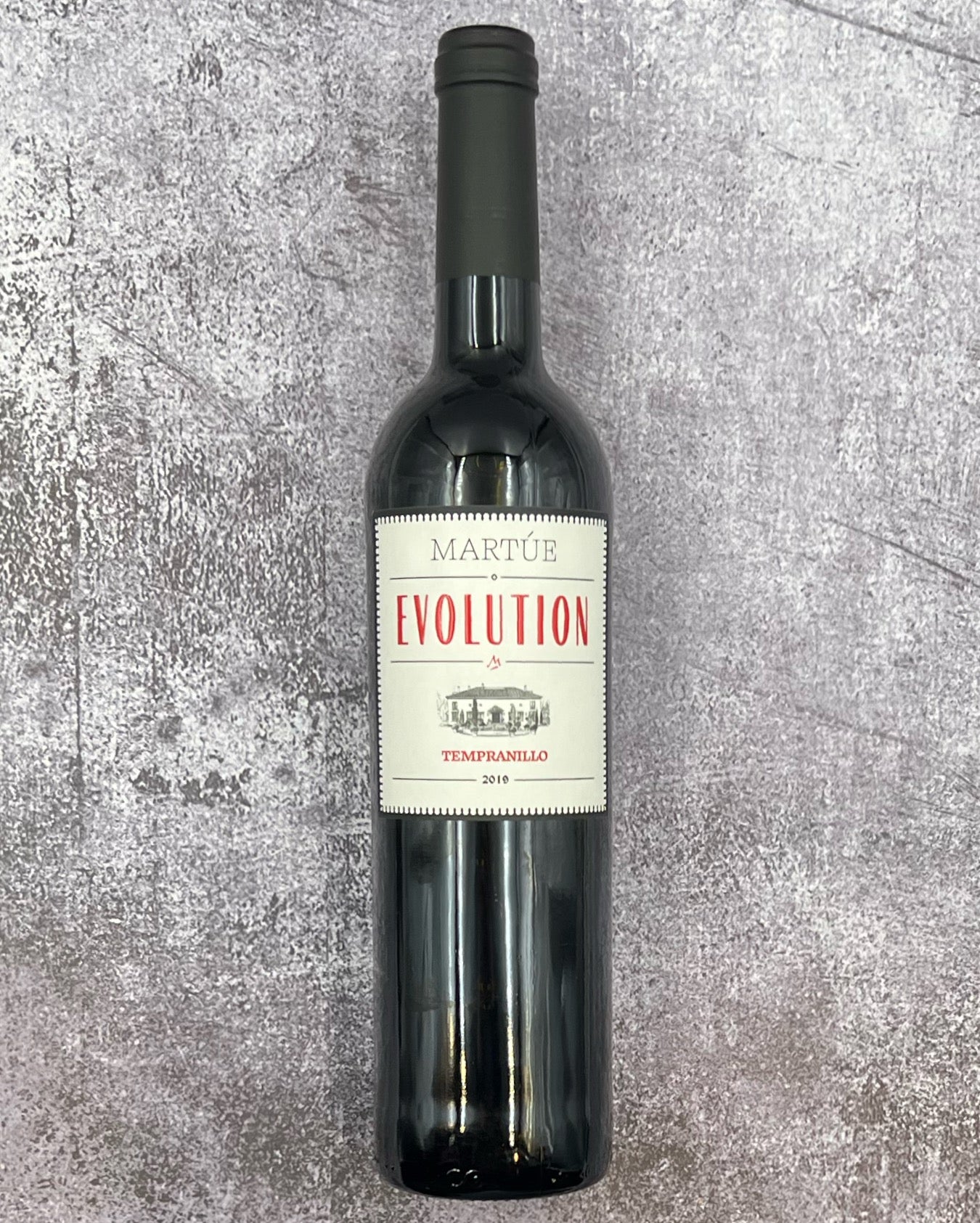Description
From: Castilla-La Mancha
Varietal: Tempranillo
Taste: This is a beautiful example of Spanish Tempranillo from high altitude vineyards with aromas of cool bing cherry, red currant, fresh blackberry with subtle forest, mushroom, and a hint at slightly toasted barrel notes. A mineral core reminiscent of river stone frames the richly aromatic fruits, dry cocoa and lively mouthfeel.
Pairing: Wines made from Tempranillo make versatile dinner companions, pairing successfully with everything from lasagna, pizza, bbq, and chile rellenos to taco night, burgers off the grill, and corn-based dishes. We love pairing really fresh Tempranillo’s like this one with dishes that feature corn as a primary ingredient, so we’re going to share Yotam Ottolenghi’s recipe for Cheesy Baked Polenta in Tomato Sauce as our pairing suggestion today.
Martúe is one of the most exciting wineries to have emerged from the up-and-coming
wine region of Castilla-La Mancha in central Spain, producing high-quality wines at accessible prices for everyday drinking. Martúe was the dream of Fausto Gonzalez, who planted vines in 1990 near La Guardia de Toledo, just southeast of the city of Toledo. In 2009 the estate earned the prestigious and rare designation of DO Pago Campo de La Guardia due to its location in a special enclave with complex soils at 850m elevation at the convergence of two tectonic plates near the Tagus River in central Spain.
Evolution is produced from estate-grown tempranillo grapes. Farming is sustainable, and the wines are made without any additions. Alcoholic fermentations are spontaneous with indigenous yeasts. The goal is to make wines with maximum character. Grapes are harvested at night as quickly as possible. As all of the vineyards closely surround the winery, the grapes are crushed and begin fermentation immediately. This is a testament to the great care taken by the team, and the results are felt in the quality of the finished wines, which are fresh, balanced, and delicious.
Vinification – Grapes were harvested at night and as quickly as possible. Spontaneous alcoholic fermentation with native yeasts in temperature-controlled stainless steel tanks. Natural malolactic fermentation occurred in stainless steel tanks. Once the wine complets malolactic fermentation, it matures in used 225L French barrels of different cooperages for three months. Fined with bentonite before bottling (bentonite=clay, this wine is also vegan).

